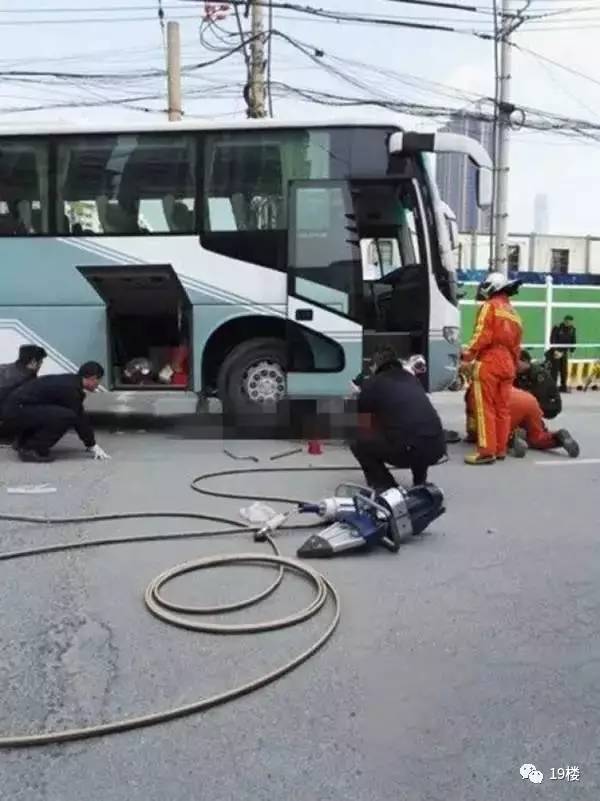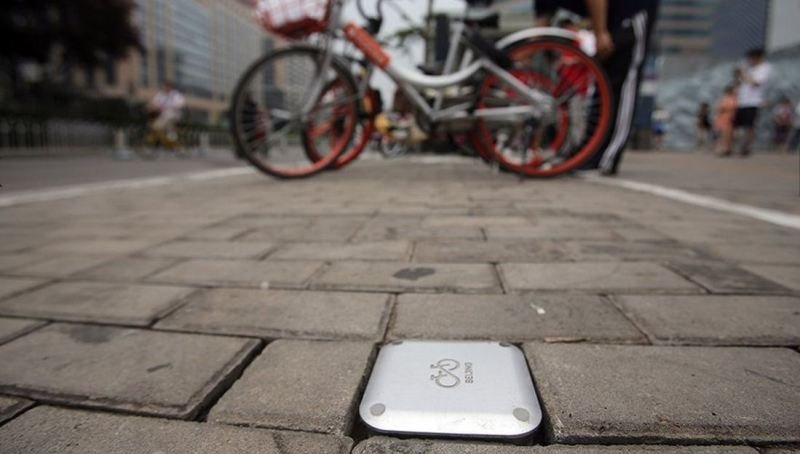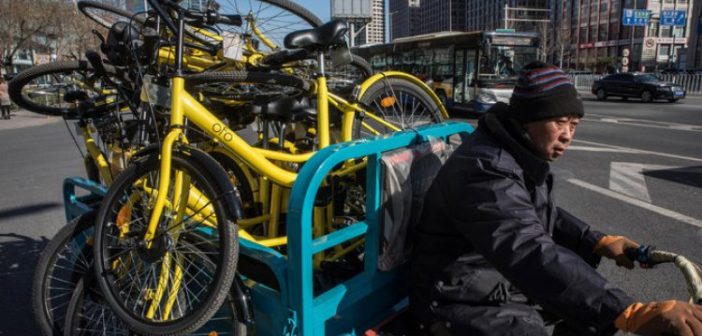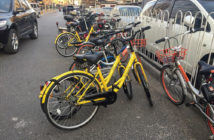The bike-sharing phenomenon sweeping across China is facing a big legal challenge after the death of a boy in Shanghai last March. Ofo, one of the major players in the industry, has been sued by the victim’s family for a RMB 8.78 million (USD 1.27 million) lawsuit, in the first Chinese case of a death of a minor using shared bikes.
China Youth Daily reported that the 11-year-old victim had been riding an Ofo bike along with three friends before he was struck and run over by a bus in an intersection on March 26. The Shanghai Municipal Public Security Bureau determined that the victim “bore primary responsibility” as he and his underage companions managed to unlock Ofo bikes and took the wrong side of the road.

According to Chinese traffic rules, children below 12 years old are forbidden to bike on public roads. The family lawyer, however, argued that Ofo is still responsible for the incident as its bikes are often left in public places, and that its bikes do not have a system that prohibits underage users. He also said the mechanical password locks are not sufficient, thus proving a safety risk.
Aside from the multi-million RMB claim, the victim’s family also asked a local court to order Ofo to recall all of its bike units and install additional child-safe locks.
The hearing date for the case is yet to be announced. Ofo has yet to respond to the claim. The bike-share company recently raised USD 700 million (RMB 4.82 billion) in a fresh funding round from investors including e-commerce giant Alibaba. American news channel CNBC reported in April that Ofo is worth more than USD 2 billion (RMB 13.77 billion), quoting CEO Dai Wei as saying.
The incident has become a widely-discussed topic across many social media networks in China, with some people arguing why the family sued Ofo when authorities determined the victim was at fault. Other people noted that Ofo’s system needs to be changed so as to prevent bike theft and unsupervised use by minors.
The incident puts another spotlight to the bane of bike-share in China. In Beijing, authorities have implemented plans and bans to curb users from parking anywhere. Dongcheng District, which banned cycle parking in as many as 600 public spaces, has recently implemented several designated parking zones in the Chongwenmen neighborhood.

These zones have sensors that can detect the presence of a nearby shared bike via its GPS tracker. The catch: there’s still no punishment for offenders, a member of Dongcheng’s traffic association admitted.
In other areas of the city, share bikes are considered an “epidemic” and a public nuisance as many of them are blocking sidewalks and pathways for the visually-impaired, as well as overwhelming bus stations.
Photos: www.fredicksburg.com, China Youth Daily, BJ News
More stories by this author here.
Email: andypenafuerte@beijing-kids.com
Instagram: @coolkidandy




